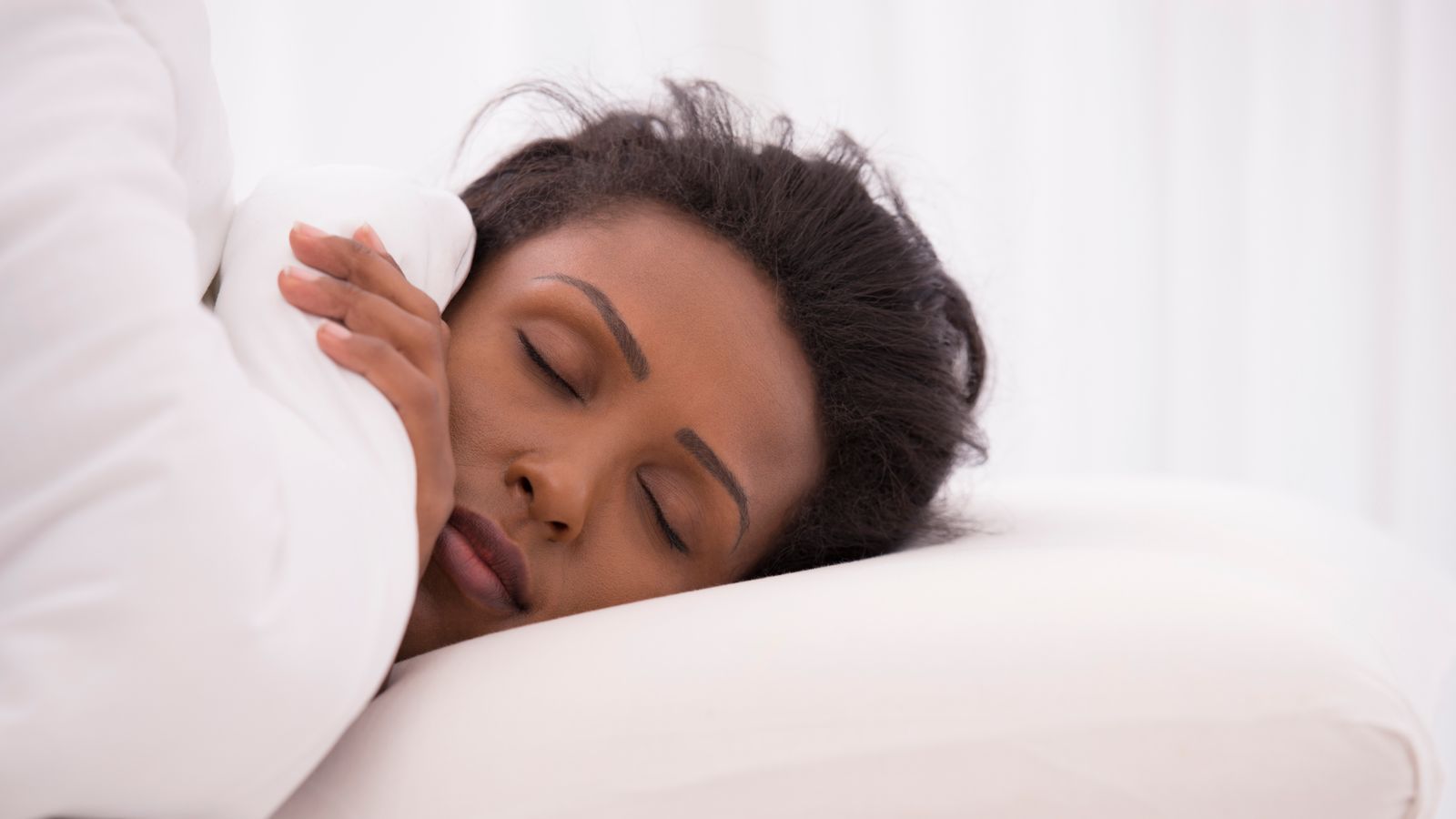Sleeping less than six hours in the days around a vaccination could reduce the body’s immune response, leaving you more vulnerable to infection, a new study has found.
The researchers estimated the effects of insufficient sleep would be would be equivalent to two months of waning COVID-19 antibodies after vaccination.
Senior study author Eve Van Cauter, a professor emeritus at the University of Chicago, said getting adequate sleep “may not only strengthen, but also extend, the vaccine response”.
“Having an easily modifiable behaviour that you can adjust around the time of your appointment gives you something you can control that is likely to improve your body’s response.
“This is something people should consider planning around, to ensure that they are getting enough sleep in the week before and after their vaccines.”
However, she acknowledged getting enough sleep may not be easy for everyone.
“The link between sleep and vaccine effectiveness could be a major concern for people with irregular work schedules, especially for shift workers who typically have reduced sleep duration,” she said.
Read more:
Millions of rats in New York could carry COVID, study finds
Constipation, bloating, and diarrhoea among long COVID symptoms
The link between bad sleep and a reduced immune response was particularly pronounced in men.
For women, the association was “not statistically significant” – likely down to fluctuating sex hormone levels.
The researchers hope the study will inspire more research to clarify the effects on men and women, and better understand how sleep might be optimised to promote a better vaccine response.
Be the first to get Breaking News
Install the Sky News app for free
“We need much larger studies that control for the sex hormone environment in women in particular,” lead author Karine Spiegel said.
“We also need a better definition of how many days of short sleep duration affect the antibody response, and whether it is just before the vaccine, or also during and after.”
The study was published in Current Biology and led by researchers at the University of Chicago and the French National Institute of Health and Medical Research who analysed seven studies looking at the impact of sleep duration on vaccine effectiveness.








